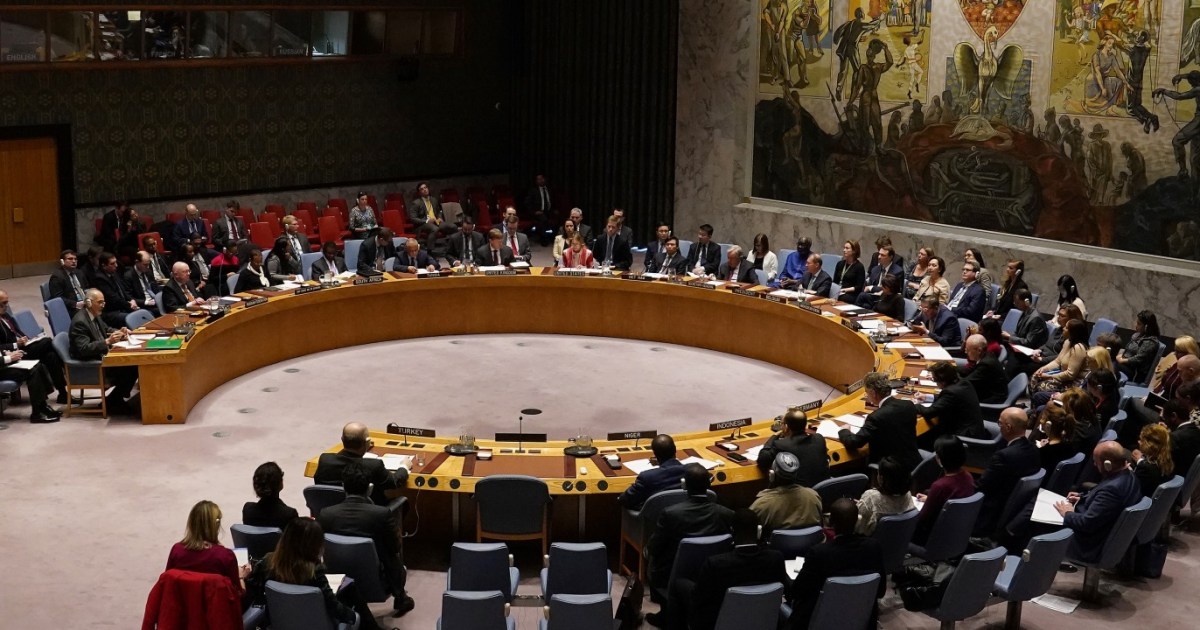Today, Tuesday, European countries stressed their adherence to the nuclear agreement signed by international powers with Iran in 2015, and while Washington called for a review of the agreement to include Tehran's missile program, leaks reported that Israel and Arab countries had submitted a request to the next US administration regarding dealing with Iran.
The representative of the European Union to the United Nations, Olof Skog, stressed that there is no alternative to the Iranian nuclear deal, despite its exposure to enormous challenges and pressures.
In a speech before the Security Council, he called on Iran to retreat from the decisions to reduce commitment, stressing the continuation of cooperation between Tehran and the European Union, and stressed that the European Union is committed to lifting economic sanctions on Iran, adding, "We regret Washington's decision to withdraw from the nuclear agreement and re-impose sanctions."
He said the nuclear agreement with Iran has withstood the pressure. ”He spoke of“ huge challenges that faced the joint action plan.
"We are at a pivotal moment to preserve the nuclear deal with Iran," France’s delegate to the Security Council said.
A comprehensive deal
For his part, the assistant US representative to the United Nations, Richard Mills, said that Iran must respect the Security Council resolutions and stop its behavior that destabilizes international security and stability.
He added that Iran should accept negotiation on a comprehensive deal that includes the missile program, and that it will ensure the cessation of its support for what he called "terrorism."
"Iranian weapons continue to spread in the vicinity of Iran and beyond," he said.
On the other hand, the Iranian representative to the United Nations Majid Takht Rawanji said that any attempt to link the future of the nuclear agreement with foreign issues is doomed to failure.
He added that any proposal to review, renegotiate or extend it would be against Resolution 2231
,
which is totally unacceptable for Iran.
He said that his country expects an increase in US sanctions from the current administration to the last moment, and stressed that the sanctions imposed on Iran have undermined all the fruits of the agreement, and their goal is to starve the Iranian people.
Israel and Arab countries
In the same context, POLITICO reported that countries opposed to the nuclear agreement with Iran are exerting diplomatic pressure on the Biden administration regarding the nuclear deal with Iran.
The site said that Arab countries and Israel want to participate in the Biden administration’s future talks on Iran.
The ambassadors of Bahrain, the UAE and Israel to the United States were quoted as saying that their countries face greater risks from Iran, compared to the United States and the countries that formulated the agreement.
"Politico" added that these countries prefer that Biden forget the original deal with Tehran and conclude a new, tougher agreement that could even cover Iran's non-nuclear programs, such as ballistic missiles and the use of proxy militias.
The site stated that this Arab-Israeli coordination is an indication of a shift in the political scene in the region from what it was when Biden was Vice President, after some Arab countries normalized their relations with Israel.

